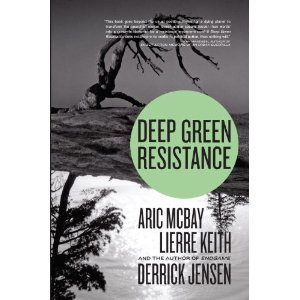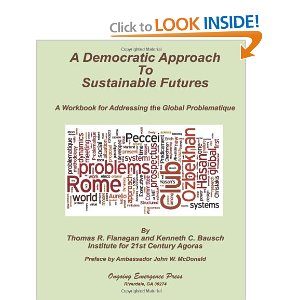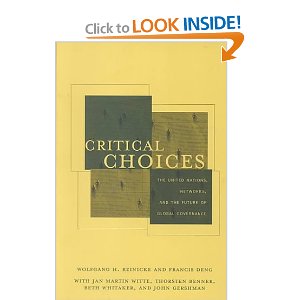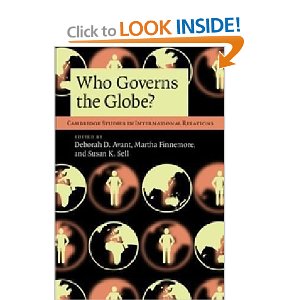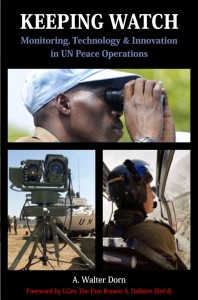
Walter Dorn
![]() Phenomenal Contribution to UN and to Literature,August 13, 2011
Phenomenal Contribution to UN and to Literature,August 13, 2011
Professor Walter Dorn is the de facto dean of the small number of scholars who study the specific topic of peacekeeping intelligence, or intelligence support to United Nations (UN) operations. Since his pioneering early studies of UN successes in the Congo in the 1960's to his more recent articles on the introduction of the Joint Military Analysis Centre (JMAC) in Haiti, he is both the closest academic observer, and the most well-written in this area.
I read this book with great interest. It is the first comprehensive look at technologies that are directly applicable to the fulfillment of UN mandates, the design and security of multinational forces, the effective management of tactical campaigns, and of course being technical, it is the first and last word on surveillance technologies vital to peacekeeping and peace enforcement across vast regions.
Pending the “Inside the Book” feature being available for this just published book, here is the table of contents from my own copy.
1 Introduction
2 The Evolution of Peacekeeping
3 Monitoring: The Constant Need
4 Survey of Technologies
5 Aerial Surveillance: Eye in the Sky
6 Traditional Peacekeeping: Cases
7 Modern Multidimensional Peacekeeping: Cases
8 Current UN Standards: Starting from Near Zero
9 Challenges and Problems
10 Recommendations
11 Conclusions
I recently attending a conference on the history and future of UN Air Power, and in both my own presentations and those of others, “Peace from Above” was a recurring theme. The importance of assuring that UN elements have the best possible human and technical surveillance technologies cannot be understated–for modest investments–including Unmanned Aerial Vehicles–the UN can save lives, money, and time–on the latter point, Colin Gray, in Modern Strategy, observes that time is the one strategic variable that can neither be purchased nor replaced.
A word on pricing: as those who follow my reviews know, I will occasionally single out extraordinary books that are so grotesquely priced as to dishonor the entire publishing world. This book is perfectly priced, close to my standard of page count with one decimal. I salute the UN Press for bringing this book into the world. It should become a standard volume, not only for UN training classes, but for all war colleges as well as for commercial security training and operations.
See Also:
Peacekeeping Intelligence: Emerging Concepts for the Future


